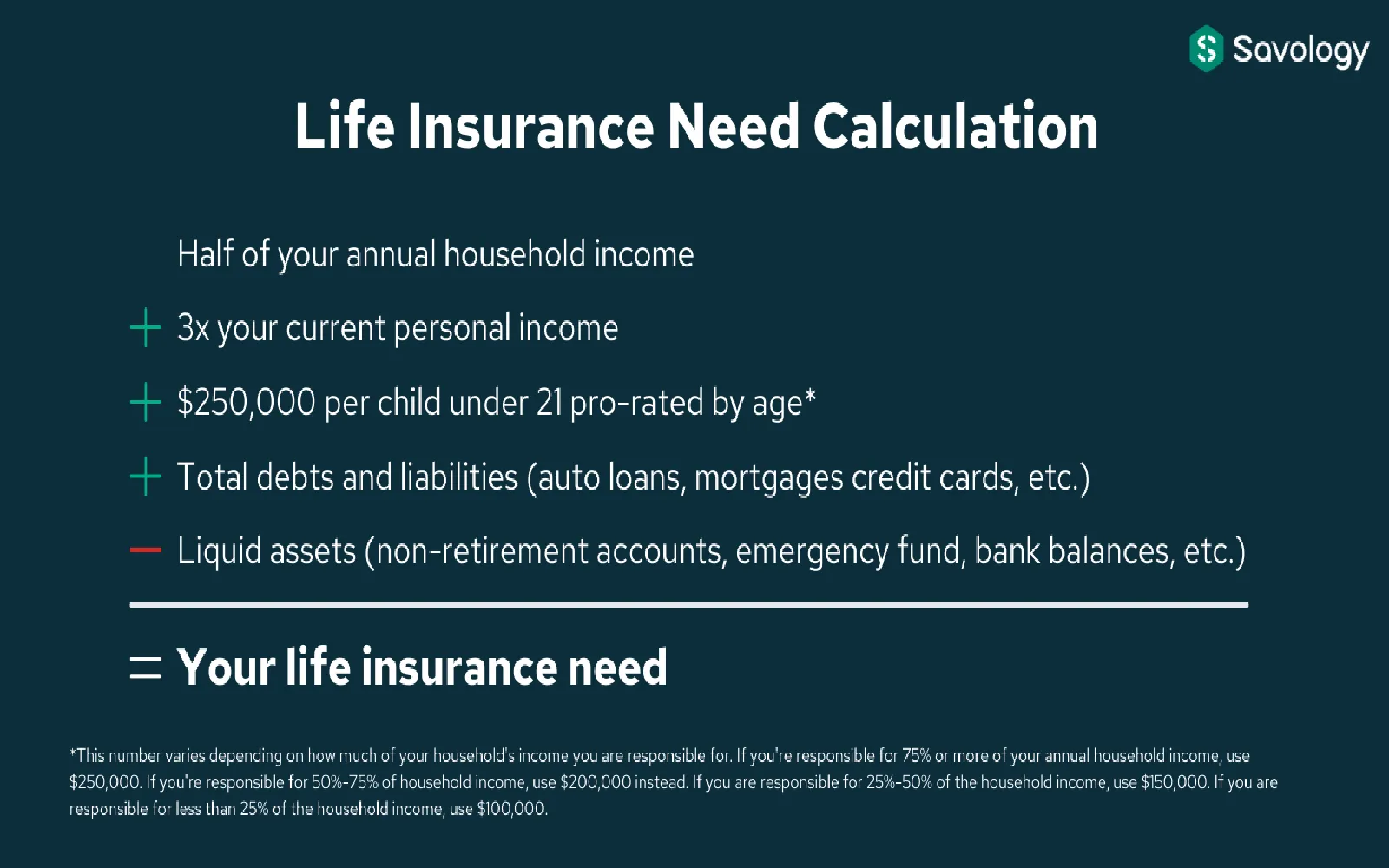When it comes to selecting the right health insurance plan, understanding your options is crucial. Health insurance can be a complex topic, especially with various plans available that cater to different lifestyles and needs. Whether you're an individual, a family, or part of a corporate entity, knowing how to choose the best health insurance is essential for your well-being and financial stability.
Types of Health Insurance Plans
Health insurance comes in various forms, and each has its own set of benefits and drawbacks. Here are some of the most common types:
- Health Maintenance Organization (HMO): HMO plans require members to select a primary care physician (PCP) and get referrals for specialist care. They often have lower premiums and out-of-pocket costs but limit flexibility in choosing healthcare providers.
- Preferred Provider Organization (PPO): PPO plans offer more flexibility when it comes to choosing healthcare providers. Members can see any doctor without a referral, but using providers within the network results in lower costs.
- Exclusive Provider Organization (EPO): EPO plans combine aspects of HMO and PPO plans. They do not require referrals but only cover services provided by network doctors.
- Point of Service (POS): POS plans require members to choose a primary care physician and get referrals but allow out-of-network care at a higher cost.
Corporate Health Insurance: What You Need to Know
Corporate health insurance is a plan provided by employers to their employees. These plans often come with several advantages, including lower premiums and comprehensive coverage options due to the larger pool of participants. When evaluating corporate health insurance, consider the following:
- Coverage Options: Review the services covered by the corporate plan, such as preventive care, hospitalization, and specialty services. Ensure that the plan meets your specific healthcare needs.
- Costs: Assess the premium costs, deductibles, and out-of-pocket expenses. Many employers cover a portion of the premium, making corporate health insurance more affordable than individual plans.
- Provider Network: Check the network of healthcare providers associated with the corporate plan. Ensure that your preferred doctors and hospitals are included.
- Additional Benefits: Some corporate health insurance plans offer additional perks, such as wellness programs, mental health services, and telehealth options. These can enhance your overall healthcare experience.
Assessing Your Healthcare Needs
Before selecting a health insurance plan, it's essential to assess your healthcare needs. Consider the following factors:
- Personal Health Status: Evaluate your health conditions, medications, and frequency of doctor visits. If you have chronic conditions, you may need a plan that offers comprehensive coverage.
- Family Health Needs: If you are selecting a family plan, take into account the health needs of all family members. Children may require regular check-ups and vaccinations, while older members may need more specialized care.
- Future Health Considerations: Consider any potential health changes that may arise in the near future. If you plan to start a family or anticipate increased healthcare needs, choose a plan that accommodates those changes.
Understanding Policy Terms
It’s important to understand the terminology used in health insurance policies to make informed decisions. Here are some key terms to familiarize yourself with:
- Premium: The amount you pay for your health insurance policy, typically on a monthly basis.
- Deductible: The amount you must pay out-of-pocket before your insurance begins to cover costs.
- Co-payment (Co-pay): A fixed amount you pay for a specific service, such as a doctor’s visit or prescription.
- Out-of-Pocket Maximum: The maximum amount you will pay in a given year before your insurance covers 100% of your medical expenses.
Comparing Plans Effectively
Once you have a clear understanding of your healthcare needs and the types of plans available, it’s time to compare different options. Here’s a simple chart to help you evaluate your choices:
| Plan Type | Premium Cost | Deductible | Out-of-Pocket Maximum | Provider Flexibility |
|---|---|---|---|---|
| HMO | Low | Low | Moderate | Limited |
| PPO | Moderate | Moderate | High | High |
| EPO | Moderate | Low | High | Moderate |
| POS | Moderate | Moderate | Moderate | Moderate |
Conclusion
Choosing the right health insurance plan is a significant decision that impacts your health and financial security. By understanding the types of plans available, assessing your healthcare needs, and comparing options effectively, you can select a plan that aligns with your lifestyle. Whether you opt for individual coverage or take advantage of corporate health insurance, making informed choices will lead to better health outcomes and peace of mind.









